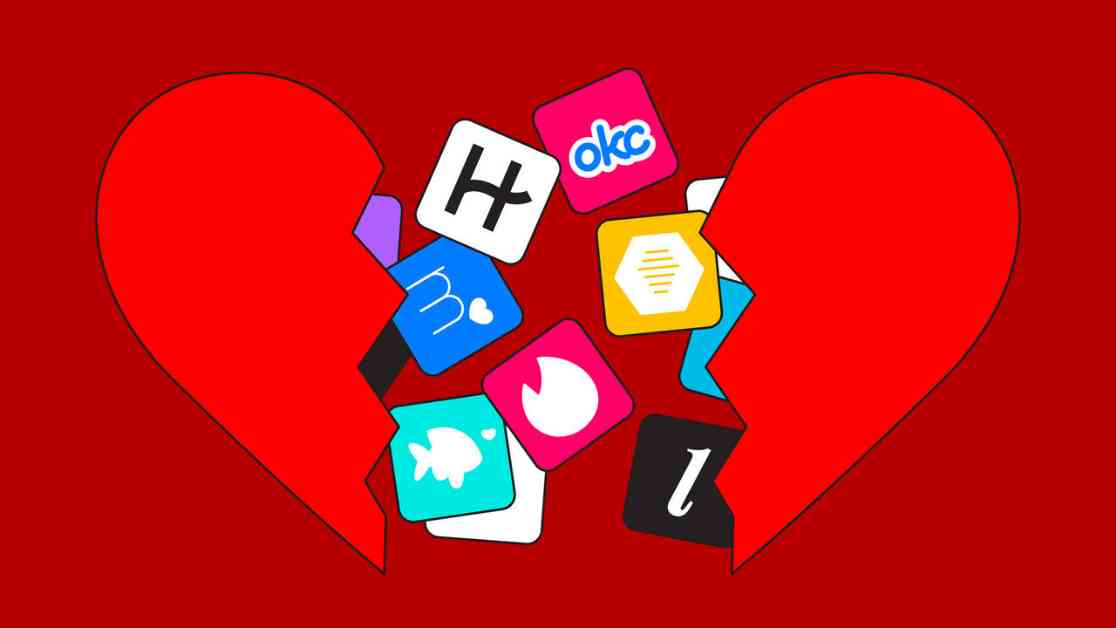The Decline of Dating Apps: Reasons Behind the Shift
Aug 8th 2024
In 2012, Tinder, a revolutionary mobile dating app, took the world by storm when it launched on college campuses in America. While online dating had been around since the 90s, with the inception of sites like Match.com, it struggled to shake off the stigma of desperation. However, Tinder changed the game by allowing users to effortlessly swipe through photos of potential matches, making the process fun and easy.
The Rise and Fall of Dating Apps
When Tinder first burst onto the scene, it was hailed as a game-changer in the world of online dating. Its simple interface and addictive swiping mechanism captured the attention of millions, leading to a surge in popularity. People were drawn to the idea of finding love or companionship with just a swipe of their finger.
However, as time passed, the novelty of dating apps began to wear off. Many users reported feeling burnt out from constantly swiping through profiles, leading to a decline in overall engagement. The initial excitement of matching with new people faded, and users started to question the authenticity of connections made through these platforms.
The Impact on Modern Relationships
The decline of dating apps has had a profound impact on modern relationships. With fewer people relying on these platforms to find love, the dating landscape has shifted. Some experts believe that this shift could lead to a return to more traditional forms of dating, such as meeting through friends or in social settings.
Moreover, the decrease in dating app usage has sparked discussions about the impact of technology on human connection. Many individuals are now seeking more meaningful interactions and are prioritizing quality over quantity when it comes to relationships.
Looking to the Future
As we move forward, it will be interesting to see how the dating app industry evolves in response to these changing trends. Will companies innovate and adapt to meet the shifting needs of users, or will we see a resurgence of offline dating methods?
One thing is certain: the decline of dating apps signals a broader societal shift towards prioritizing genuine connections and meaningful relationships. Perhaps this change will lead us to reevaluate how we approach dating and relationships in the digital age.
In conclusion, the reasons behind the decline of dating apps are multifaceted, reflecting a larger cultural shift towards authenticity and genuine connections. While the future of online dating remains uncertain, one thing is clear: the way we navigate relationships is evolving, and it’s up to us to adapt and embrace these changes with an open mind and heart.



















